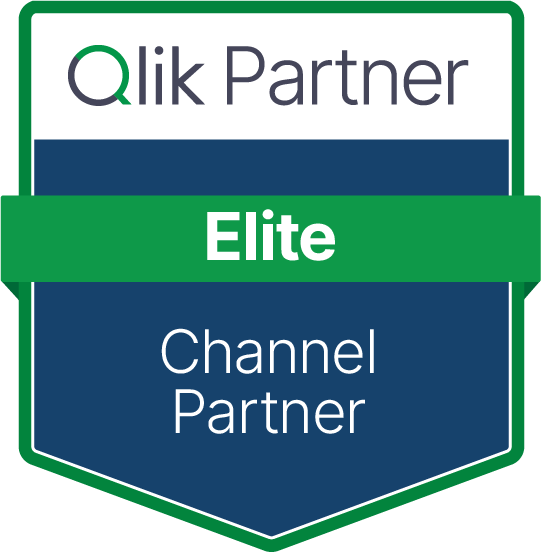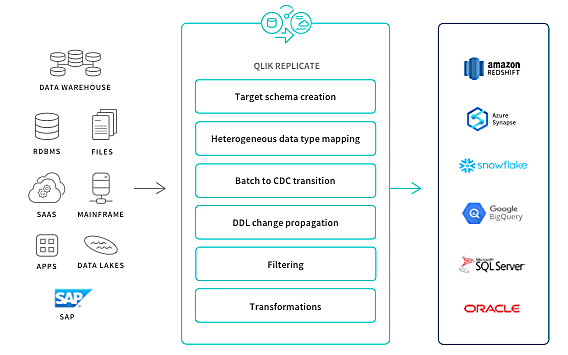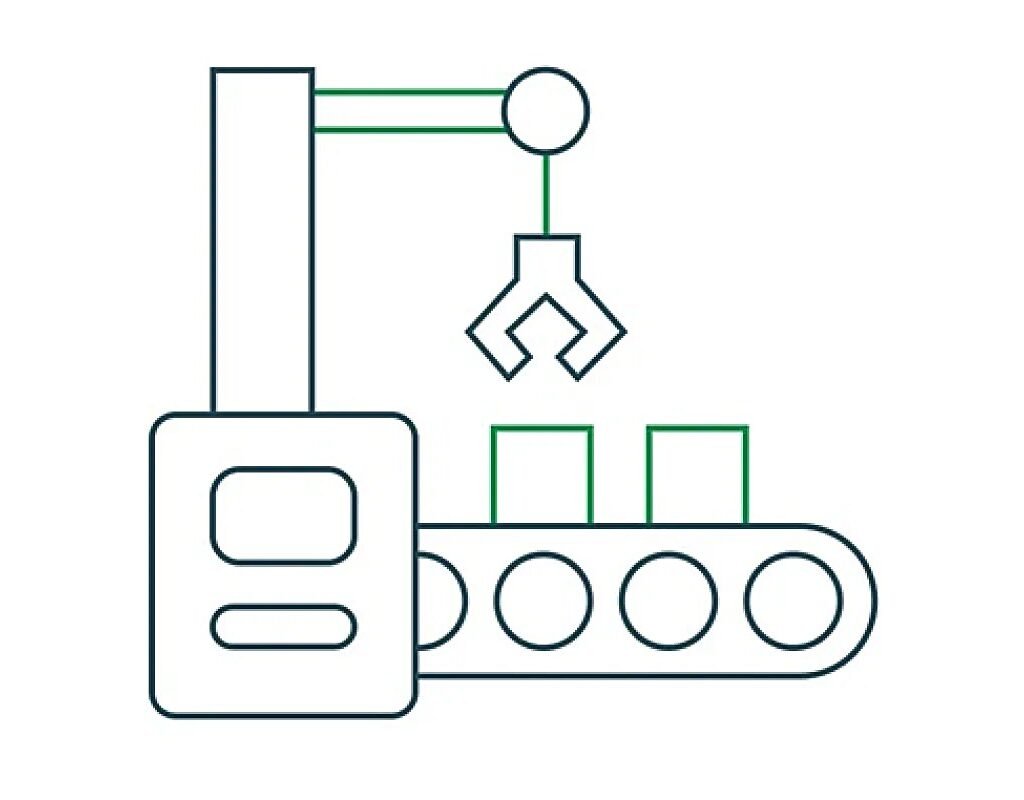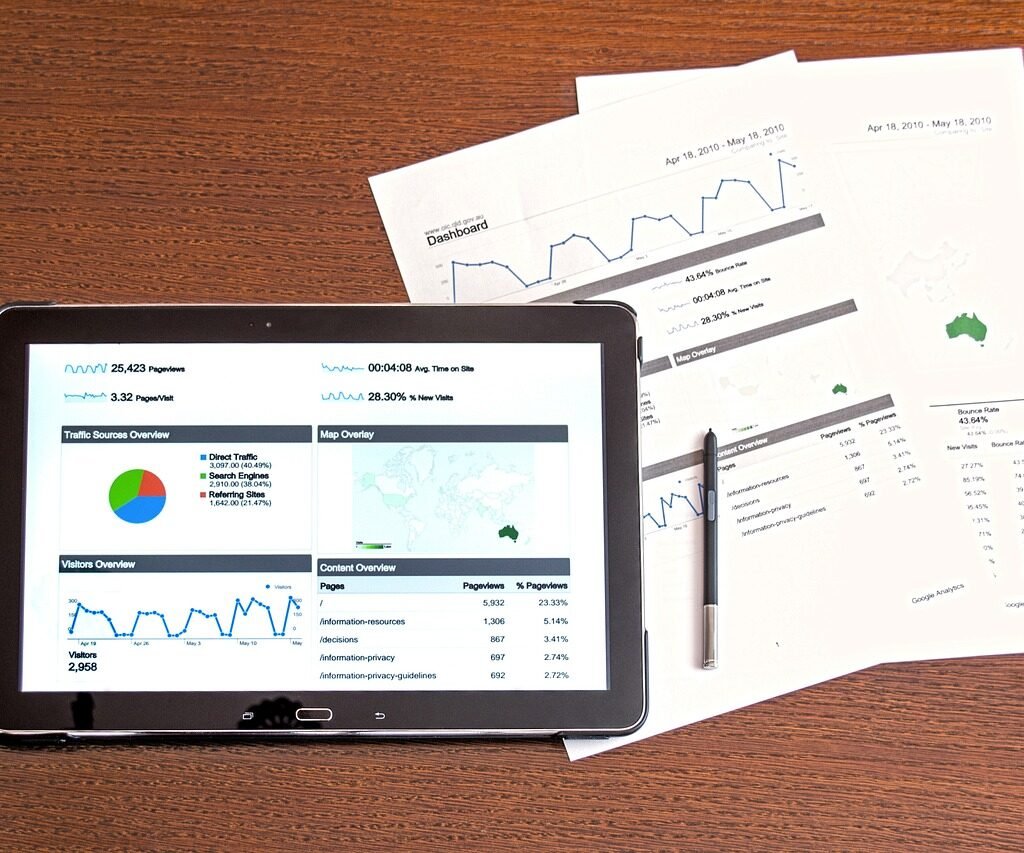IBT has built Australia’s most experienced and successful Qlik Data Integration practice since 2014
Qlik® helps you use your data to solve problems, meet new objectives, and address critical business needs.
It all starts here. With the industry leader in data integration and analytics solutions that support your AI strategy.


Unlock the Full Potential of Your Data with Qlik and IBT’s Expertise
As a trusted Qlik partner, IBT offers end-to-end solutions—from product sales and seamless implementation to ongoing support—backed by decades of experience in data integration and analytics. Let us help you turn complex data into actionable insights with real-time precision.

Qlik Data Integration and Management
Bring together virtually any data source, format, or target to ensure that you always have up-to-date data.
Qlik solutions enable your organization to deliver data efficiently and in real time to modern architectures
More >

Qlik Analytics | Qlik Sense®
Make Game-Changing Analytics Accessible to Everyone
Enable everyone in your organization regardless of technical skill to make data-driven decisions and take action with AI-powered insight.
More >

Qlik Gold Client for SAP
Streamline Your SAP Test Data Management and SAP Modernization Initiatives
More >

Qlik Answers™
A plug and play solutions that used RAG (retrieval augmented generation) to provide personalised answers to questions from unstructured data. Learn how to create an AI assistant with Qlik Cloud and access a variety of sources without moving data.
More >
Products
Data integration and management
Independent and technology agnostic solutions provide the most innovative and effective data integration platform. Their solutions enable your organization to deliver data efficiently and in real time to modern architectures.
Modern data integration that delivers real-time, analytics-ready and actionable data to any analytics environment, from Qlik to Tableau, PowerBI and beyond.
To lead in the digital age, everyone in your business needs easy access to the latest and most accurate data. Qlik enables a DataOps approach, vastly accelerating the discovery and availability of real-time, analytics-ready data to the cloud, hybrid or on-premises environment of your choice by automating replication, data streaming (CDC), refinement, cataloging, and publishing.

Delivering real-time Streaming Data. Extend enterprise data into live streams with a simple and universal solution.
The Qlik Data Integration platform efficiently delivers large volumes of real-time, analytics-ready data into streaming and cloud platforms, data warehouses, and data lakes. And with an agentless and log-based approach to change data capture, your data is always current without impacting source systems.

Delivering the Agile Data Warehouse, a Rapid design, deployment, and management without coding
The Qlik Data Integration platform automates the entire data warehouse lifecycle to accelerate the availability of analytics-ready data. Data engineers have the agility to create a data model, add new sources, and provision new data marts. Data warehouse automation (DWA) ensures success at every step of the pipeline from data modeling and real-time ingestion to data marts and governance.


Delivering the Agile Data Lake Rapid design, deployment, and data management without coding
The Qlik Data Integration platform for managed data lakes automates the process of providing continuously updated, accurate, and trusted data sets for business analytics. Data engineers have the agility to quickly add new sources and ensure success at every step of the data lake pipeline from real-time data ingestion, to refinement, provisioning, and governance.


Want to Know More about Data Integration with Qlik?

Data Integration Platform Datasheet
Using the Qlik Data Integration Platform for Better Analytics
DOWNLOAD

What to look for in a Data Integration Solution
Qlik Data Integration Buyers Guide
DOWNLOAD

More Data, Analytics-ready
Qlik Replicate: Accelerate Data Delivery to Data Lakes, Data Warehouses, Streaming
and Cloud Architectures
DOWNLOAD

Enabling SAP Analytics
High performance, easy to use, solution to deliver SAP application data in real-time for big data analytics.
DOWNLOAD
If you’d like more information please get in touch for a no obligations chat. We are happy to share our knowledge.
Our Achievements Over the Years – Awarded by Qlik

2023
Partner Ranked #1 in ANZ

2022
Solution Provider of the Year Asia Pacific Award

2022
Qlik Million Dollar Club

2020
Solution Provider of the Year Asia Pacific Award
Products
Qlik Analytics | Qlik Sense®
Enable everyone in your organization — regardless of technical skill — to make data-driven decisions and take action with AI-powered insight.

Choose how and where you manage your data
Take advantage of analytics in the cloud and on-premises. You get maximum choice and deployment flexibility when deciding where to store, transform, and analyze your data.
Qlik Cloud Analytics
All the power of Qlik Analytic solutions in a cloud bases SaaS deployment
Qlik Sense - client managed
The on-premise solution for highly regulated industries
The Transformative Associative Engine
Highly interactive. Always in context. Lightning fast. Nothing else compares.
Make selections freely in all objects, in any direction, to refine context and make discoveries
Get instant calculations at scale
Expand far beyond the limits of query-based analytics and dashboards with free form exploration and discovery

Drive more meaningful insight with augmented analytics
With AI and ML built into our foundation, we deliver a full range of uniquely integrated augmented analytics capabilities that allow more people, regardless of skill level, to get more value from their data. Take advantage of:
Automated insight generation
Search and natural language interaction
AI-assisted creation and data prep
AutoML and predictive analytics

Develop a dynamic relationship with information
Get in-the-moment insights and drive immediate action.
Intelligent alerting
Powerful collaboration
Mobile and embedded analytics
Automated triggering of immediate actions

Products
Qlik Gold Client™ SAP test data management and SAP modernisation
Qlik Gold Client helps you improve the availability, security and quality of data in your non-production SAP environments


Test data management challenges
Lets face it, we all need accurate and relevant data for development, testing, and training. However, creating, securing and updating non-production SAP systems with traditional development methods can excessively consume resources.
Learn how you can create, secure, and update non-production SAP systems with fewer resources, robust security, and fewer delays.
Streamline test data management
- Improve the efficiency, cost, and security of managing test data in SAP environments.
- Rapidly define, copy and synchronize transactional data from production to non-production targets. Identify, select, and delete non-production data
- Manage extensive and powerful data transformations through a clean and easy-to-use interface
- Automate data selection and enable hands-free test data refresh cycles


Protect data with powerful masking
You have several options to protect PII data in non-production environments via data masking. The data masking process cannot be reverse engineered to recreate the original source data.
Use dynamic masking when the data is in flight
Use static masking when you apply scrambling rules to a previously unscrambled non-production SAP environment
Enable SAP HANA modernization
SAP plans to deliver all SAP applications as SAP S/4HANA apps by the year 2027. Qlik Gold Client facilitates the SAP HANA modernization process by helping you quickly and easily select, protect, and load modest subsets of production data into pilot SAP HANA systems for proof of concepts or evaluations. This works on-premises or in the cloud.
Transform, synchronize, and copy select data subsets
You have the most powerful and flexible methods to control data subsets across your SAP landscapes, in the data center or in the cloud.
- Build systems, keep them in sync.
- Create smaller, fully functional clients.
- Snap, slice, segment copies of SAP data.
- Secure, transform and purge data.
- Support ERP / HR / CRM / SCM / SRM / GTS / Business Suite on HANA.


Use with BW or BW on HANA
Independently copy select data subsets and manage business warehouses, even faced with the unique demands of SAP Business Warehouse environments.
Select and copy subsets of BW data:
- Align BW structures.
- Copy BW queries.
Ensure data privacy compliance
Streamline the anonymization and/or deletion of personally identifiable information (PII) in the production environment.


Facilitate business divestitures
- Split SAP applications and data into separate systems to assist corporate divestitures
- Create scenarios that identify data by company code, sales organization, purchase organization, plant, warehouse, etc. so that only data belonging to the divested business unit is exported.
Products
Qlik Answers™
Qlik Answers is a plug-and-play, generative AI-powered knowledge assistant that provides business users with personalized, contextually relevant answers to questions sourced from unstructured content.


Knowledge at your fingertips
- Inform workers in real-time with personalized, relevant answers to questions generated from unstructured content.
- Deliver actual answers instead of just ranked lists of search content.
- Personalized and relevant responses sourced from carefully curated knowledge
bases of unstructured content

Answers you can trust
- Reliable and consistent answers ensure trust and accuracy
- Full explainability and transparency with links to source content, allowing users to understand where answers came from
- Qlik’s best-in-class security and governance, and full compliance with modern security certifications

Simple, plug-and-play
- Complete out-of-the-box, plug-and-play solution simplifies deployment and reduces risk
- Self-service oriented solution for ease of use and fast time-to-value
- Consolidate your data, analytics and AI investments with a single, trusted, independent vendor
Qlik Answers FAQ's
What exactly does Qlik Answers do?
Qlik is a plug-and-play, Generative AI-powered Knowledge Assistant that provides business users with personalized,
contextually relevant answers to questions sourced from carefully curated unstructured content. Through this
solution, users will have all the information they need at their fingertips, in real-time, to better support business
activities and decisions. Unlike traditional search, Generative AI delivers personalized answers to questions instead
of just raw content. Answers are reliable and consistent, and with full explainability, you’ll always know where
things came from and have access to those sources – ensuring consistency, trust and transparency. And unlike
other RAG (Retrieval-Augmented Generation) based options on the market, Qlik’s solution is complete out-of-the-
box, plug-and-play, and self-service oriented, simplifying deployment and ensuring ease of use and quality.
When will it launch?
Qlik Answers will be announced at Qlik Connect during the week of June 3rd, 2024, and is currently scheduled to
be released this summer.
What regions will Qlik Answers be available in?
At the time of release, Qlik Answers will support English Only in these regions:
1. Virginia, US
2. Dublin, Ireland
3. Frankfurt, Germany
4. Sydney, Australia
What languages will be supported?
At the time of release, Qlik Answers will support content, data and natural language in English only.
Can Qlik Answers be bought as a standalone product?
Yes. Existing Qlik customers can purchase Qlik Answers, of course, but Qlik Answers can also be purchased completely standalone by new customers as well.
What are some examples of use cases?
1. Knowledge Management: Information workers such as sales reps and operations managers are not utilizing enablement content from knowledge repositories such as SharePoint or Confluence, leading to poor sales or operational decisions and lost revenue.
2. Customer Support and Case Work: Support reps and case workers struggle to get information from CRM systems such as Salesforce, Zendesk, ServiceNow, Insurance Claims, CRM contact logs, etc. leading to duplication, delay and poor customer experience.
3. Product Assistance: Customer support or customers themselves cannot find answers to questions sourced from product documentation and community forums, compromising a customer’s ability to achieve success





